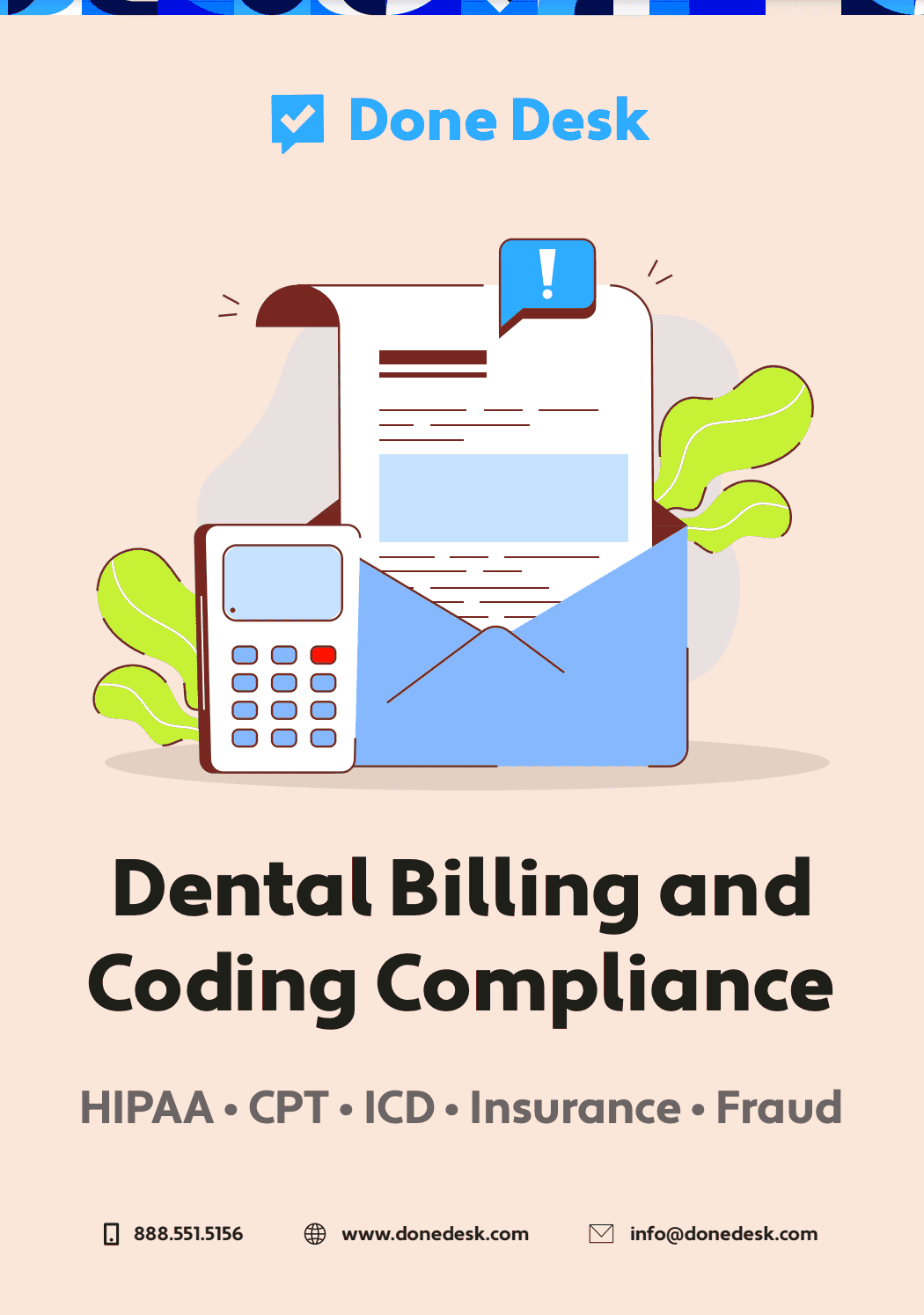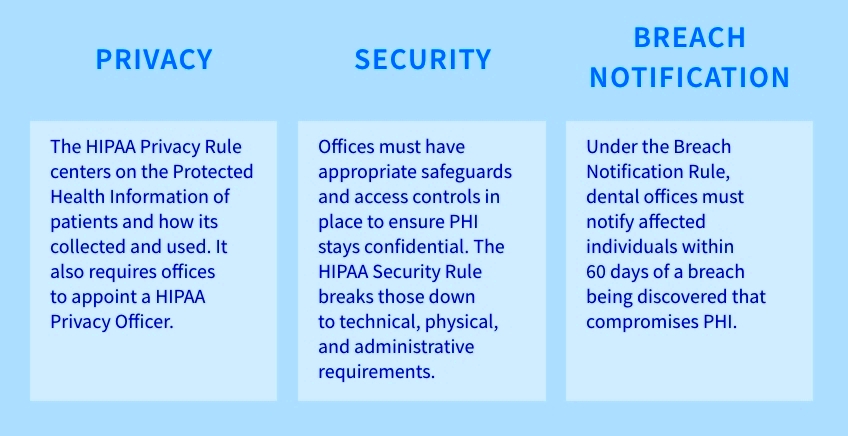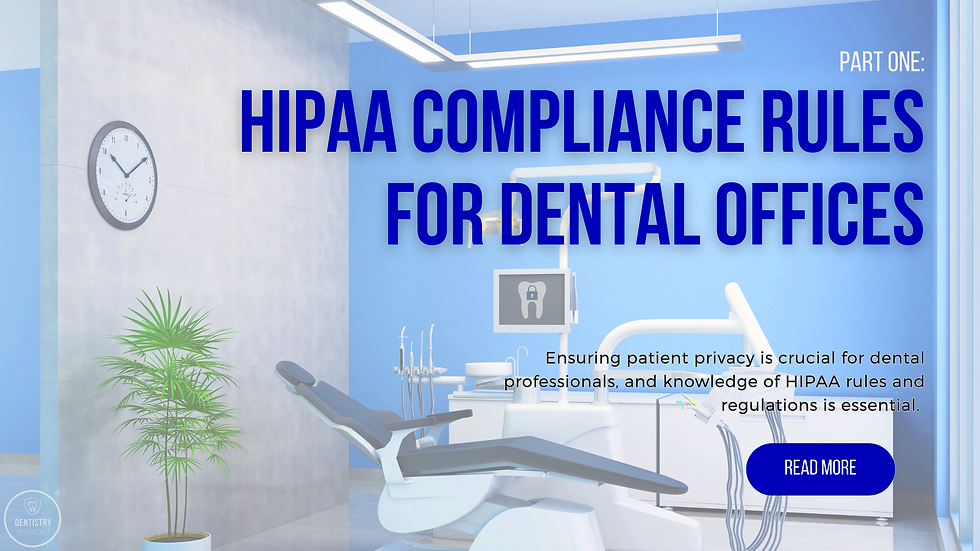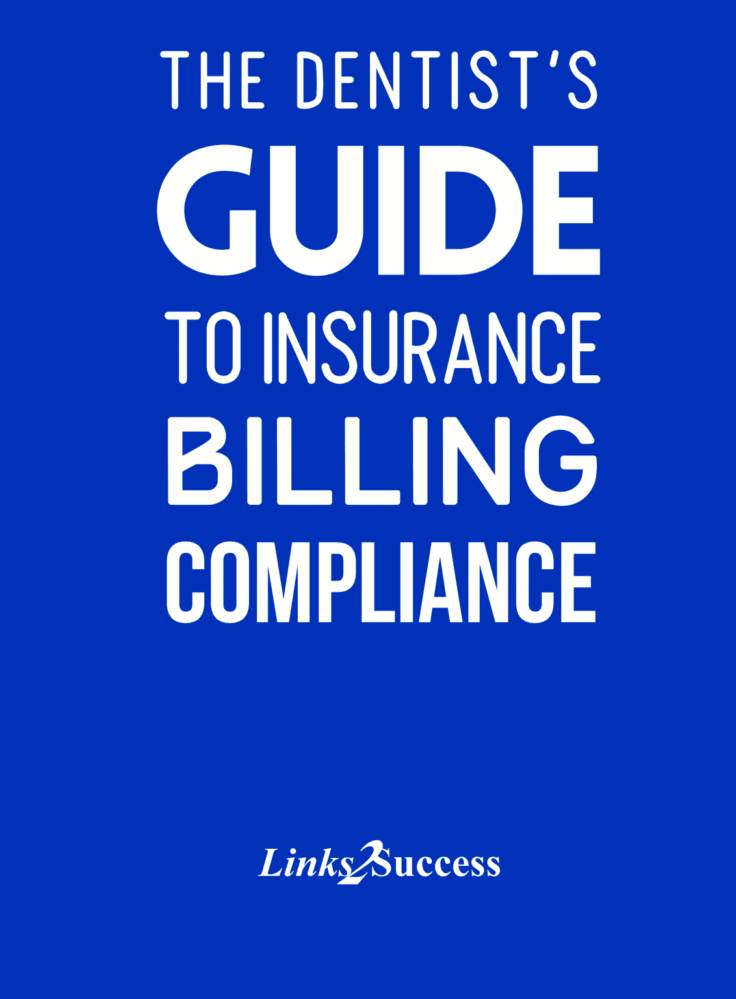Dental Billing Laws and Compliance for Healthcare Providers
Dental billing laws can be a complex area, but they are crucial for ensuring that healthcare providers get paid for their services. These laws cover various aspects, including billing practices, patient rights, and insurance regulations. Understanding these laws helps providers avoid legal issues and ensures transparency in the billing process.
In dental practices, billing laws govern how services are billed to patients and insurance companies. They ensure that all charges are fair, accurate, and in line with the services provided. Staying informed about these laws can help dental professionals navigate the intricacies of billing and reimbursement.
Importance of Compliance for Healthcare Providers

Compliance is vital for healthcare providers, especially in dentistry, where billing mistakes can lead to severe consequences. Here’s why compliance matters:
- Financial Security: Proper compliance ensures that dental practices get reimbursed correctly, helping maintain financial health.
- Legal Protection: Following billing laws helps avoid legal issues that can arise from non-compliance.
- Patient Trust: Transparent billing practices foster trust between patients and providers, encouraging long-term relationships.
- Insurance Relations: Compliance helps in maintaining good relationships with insurance companies, making it easier to resolve claims.
Key Regulations Affecting Dental Billing

Several key regulations impact dental billing. Here are some of the most significant:
| Regulation | Description |
|---|---|
| HIPAA | This law protects patient privacy and mandates secure handling of patient information during the billing process. |
| CMS Regulations | Centers for Medicare & Medicaid Services set guidelines for billing practices for services covered under Medicare and Medicaid. |
| State Dental Board Regulations | Each state has its own dental board that establishes specific regulations affecting billing and practice management. |
| Fraud and Abuse Laws | These laws prevent fraudulent billing practices and ensure that healthcare providers are held accountable. |
Understanding these regulations is essential for dental practices to ensure compliance and minimize the risk of legal challenges.
Common Billing Practices in Dentistry

In the world of dentistry, understanding common billing practices is key for healthcare providers to ensure smooth operations and proper reimbursements. These practices are designed to streamline the billing process and enhance patient satisfaction. Let’s explore some of the most widely used billing practices in dental settings.
Here are some common billing practices you might encounter:
- Pre-Authorization: Before performing certain procedures, dental practices often obtain pre-authorization from insurance companies to ensure that the procedure will be covered.
- Upfront Payments: Many dentists require patients to make upfront payments or co-pays at the time of service, which helps secure some payment before treatment.
- Itemized Bills: Providing patients with itemized bills detailing the services rendered and costs involved fosters transparency and trust.
- Payment Plans: Offering flexible payment plans for costly procedures makes dental care more accessible to patients.
By implementing these practices, dental providers can improve cash flow and patient satisfaction, making for a healthier practice overall.
Challenges in Dental Billing Compliance

Dental billing compliance can be challenging due to various factors that impact how practices manage their billing processes. These challenges can lead to costly errors and even legal issues if not addressed properly. Here are some common challenges that dental practices face:
- Complex Regulations: Keeping up with constantly changing laws and regulations can be overwhelming for dental providers.
- Insurance Denials: Denied claims can lead to significant delays in payment, causing financial strain on practices.
- Billing Errors: Mistakes in billing can result from miscommunication or lack of proper training, leading to compliance issues.
- Staff Turnover: High turnover rates in billing staff can lead to inconsistencies in billing practices and a lack of compliance awareness.
By recognizing these challenges, dental providers can take proactive steps to enhance their compliance efforts and minimize risks.
Best Practices for Dental Billing
To ensure effective and compliant billing practices, dental providers should adopt specific best practices that promote efficiency and accuracy. Here are some recommended strategies:
- Regular Training: Conduct ongoing training for staff on billing regulations and practices to ensure everyone is on the same page.
- Use of Technology: Implement dental practice management software that streamlines billing and minimizes errors.
- Audit Billing Practices: Regularly review and audit billing processes to identify areas for improvement and compliance gaps.
- Clear Communication: Maintain open communication with patients about their financial responsibilities and billing practices.
By adopting these best practices, dental providers can enhance their billing processes, improve patient satisfaction, and ensure compliance with regulations.
Resources for Staying Compliant
Staying compliant with dental billing laws and regulations can be a daunting task for healthcare providers. Fortunately, there are various resources available that can help streamline this process and keep practices informed. Utilizing these resources can ensure that dental professionals remain compliant and up to date with the latest changes in billing laws.
Here are some valuable resources to consider:
- Professional Organizations: Groups like the American Dental Association (ADA) offer resources, guidelines, and support for dental practices regarding compliance and billing.
- Online Training Programs: Many organizations provide online courses focused on dental billing compliance, which can be an excellent way for staff to stay educated.
- Billing Software: Investing in reputable dental billing software can help automate many billing processes and ensure compliance with current regulations.
- Consulting Services: Hiring a billing consultant can provide personalized guidance tailored to a practice’s unique needs and challenges.
By tapping into these resources, dental providers can enhance their billing practices and mitigate compliance risks.
Conclusion
In conclusion, understanding dental billing laws and compliance is essential for the success of any dental practice. By being aware of common billing practices, recognizing the challenges, and implementing best practices, healthcare providers can navigate the complex landscape of dental billing effectively. Moreover, utilizing available resources can help maintain compliance and ensure that billing processes run smoothly.
Ultimately, a well-informed approach to dental billing not only supports the financial health of a practice but also enhances patient trust and satisfaction. As the dental landscape continues to evolve, staying proactive about compliance will always be key.
FAQs about Dental Billing Laws and Compliance
Here are some frequently asked questions regarding dental billing laws and compliance:
- What is dental billing compliance?
Dental billing compliance refers to following laws and regulations governing how dental services are billed to patients and insurance companies. - Why is compliance important in dental billing?
Compliance helps avoid legal issues, ensures accurate reimbursement, and maintains trust between patients and providers. - What are common billing mistakes?
Common mistakes include incorrect coding, failing to obtain pre-authorization, and miscommunication with patients about costs. - How can I stay updated on billing regulations?
Joining professional organizations, subscribing to industry newsletters, and attending training can help you stay informed. - What should I do if a claim is denied?
Review the denial reason, correct any errors, and resubmit the claim. If necessary, appeal the denial with additional documentation.


